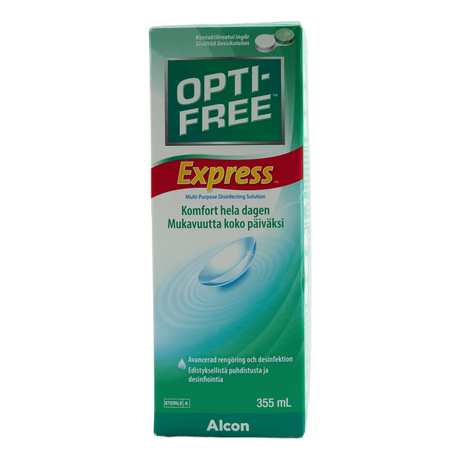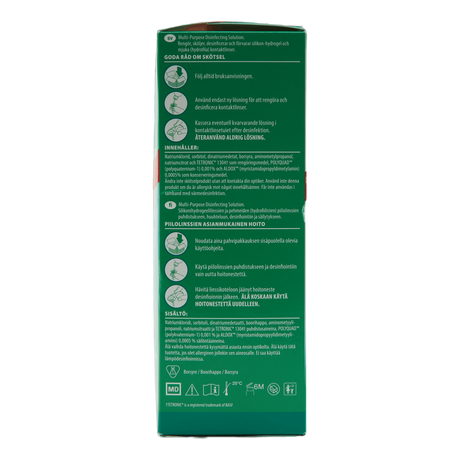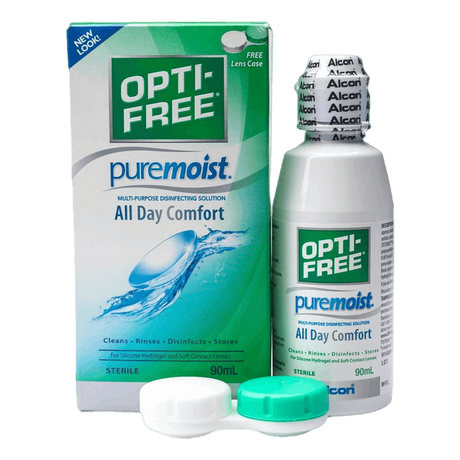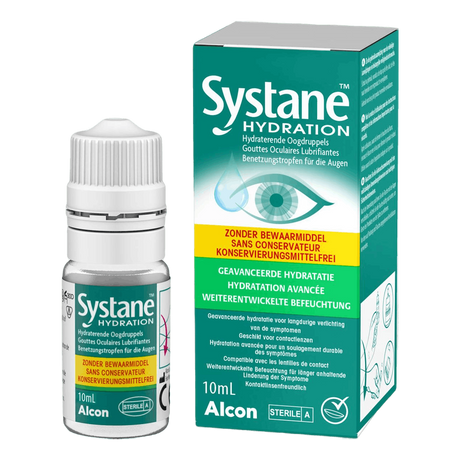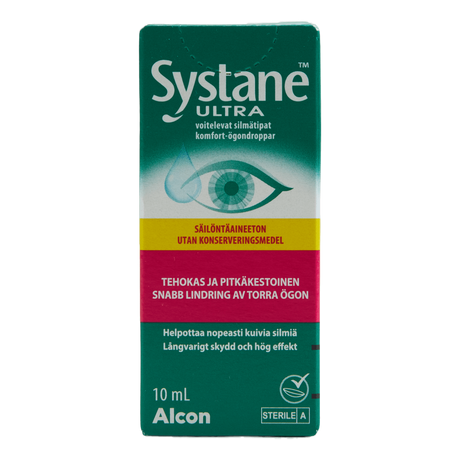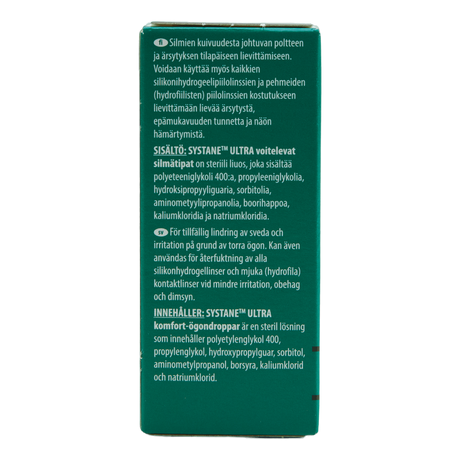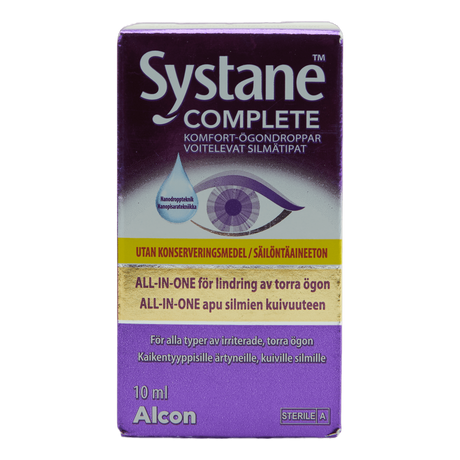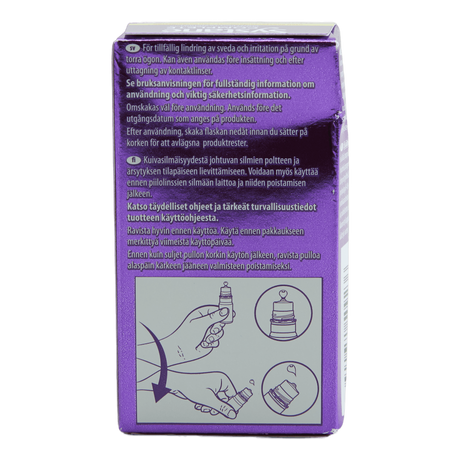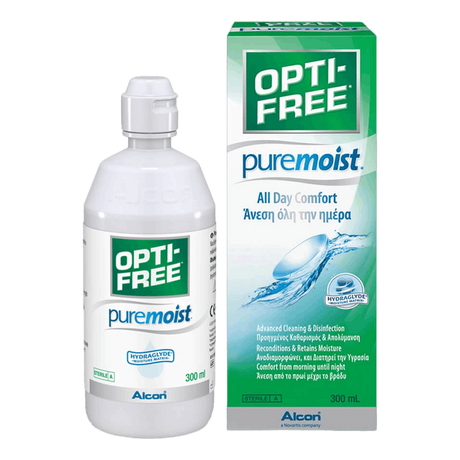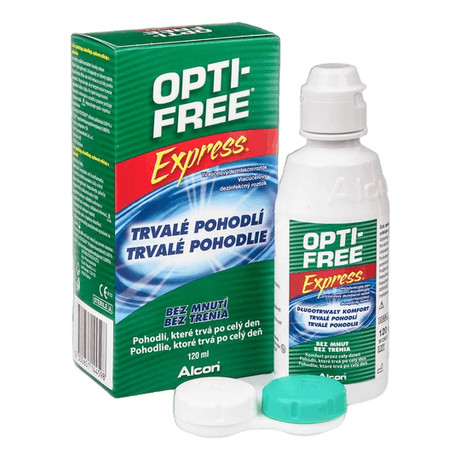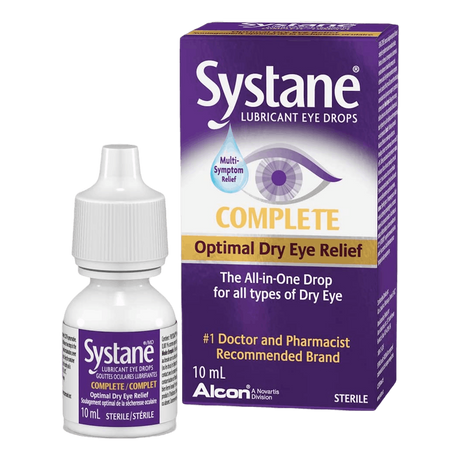Why Do I Need Eyewear Insurance?
Glasses and contact lenses are a significant investment in your vision and quality of life. However, they can be expensive to replace if they break, get lost, or are stolen. Eyewear insurance can provide the peace of mind you need and protect you from unexpected costs.
Whether you wear glasses, contact lenses, or both, eyewear insurance can be a wise investment. Consider how much you rely on your vision aids every day – for work, study, driving, or enjoying leisure activities. Losing or damaging them can be both stressful and costly.
With eyewear insurance, you can feel secure knowing that your glasses and contact lenses are protected. You won't have to worry about unexpected expenses and can focus on what's important – seeing clearly and living life to the fullest.
What Does Eyewear Insurance Cover?
The coverage of an eyewear insurance policy can vary depending on the insurance company and the type of policy you choose. Typically, it covers the following situations:
- Damage to glasses or contact lenses, including scratches, cracks, and broken frames
- Loss of glasses or contact lenses
- Theft of glasses or contact lenses
- Accidental damage to glasses or contact lenses
Some policies may also cover the cost of replacement glasses or contact lenses while your regular vision aids are being repaired or replaced. It's essential to carefully read the terms and conditions of the specific policy you're considering to know exactly what's covered.
What Should I Consider When Choosing Eyewear Insurance?
When selecting an eyewear insurance policy, there are several factors to consider:
Coverage Scope
Ensure the policy covers the situations most relevant to you, whether it's damage, loss, or theft. Also, consider if you want additional coverage, such as replacement glasses during the repair period.
Deductible
Most insurance policies have a deductible that you need to pay in case of a claim. Choose a deductible that fits your budget and risk tolerance.
Premium
Compare premiums from different insurance companies to find the best combination of price and coverage. Remember, the lowest premium isn't always the best choice if it comes with limited coverage.
Insurance Company Reputation
Research the insurance company's reputation for customer service and claims handling. Read reviews and compare ratings to ensure you choose a reliable company.
How Can I Maximize Protection for My Glasses and Contact Lenses?
In addition to purchasing eyewear insurance, there are several steps you can take to protect your valuable vision aids:
- Always use a sturdy case when not wearing your glasses
- Clean your glasses and contact lenses regularly according to the manufacturer's instructions
- Be careful when putting on and taking off your glasses to avoid bending or breaking the frames
- Store spare contact lenses and glasses in a safe place in case you lose or damage your regular ones
- Schedule regular eye exams to ensure your glasses and contact lenses have the correct prescription
Protect Your Vision and Your Investment
Your glasses and contact lenses are a significant investment in your vision and quality of life. By purchasing eyewear insurance and taking care of your vision aids, you can protect both your sight and your wallet. With the right insurance and a little extra caution, you can enjoy clear vision and peace of mind for years to come. Remember, your vision is invaluable – take care of it!

